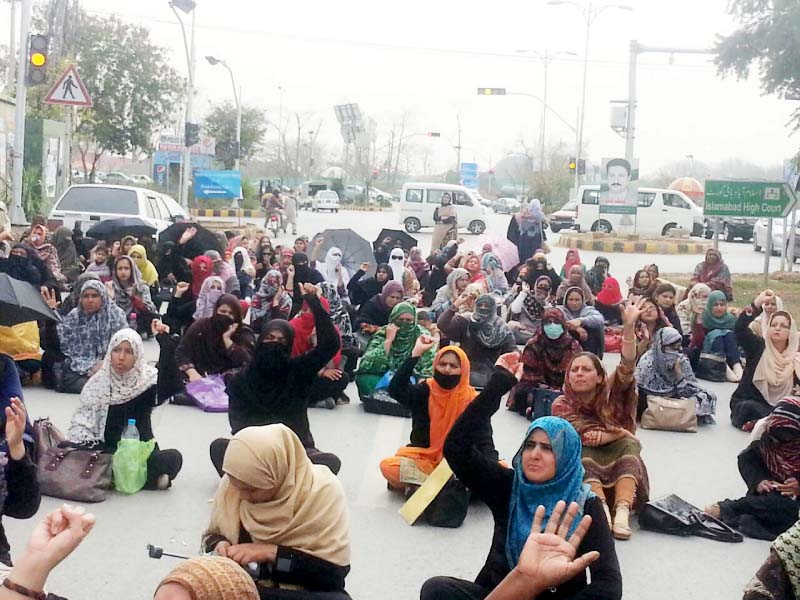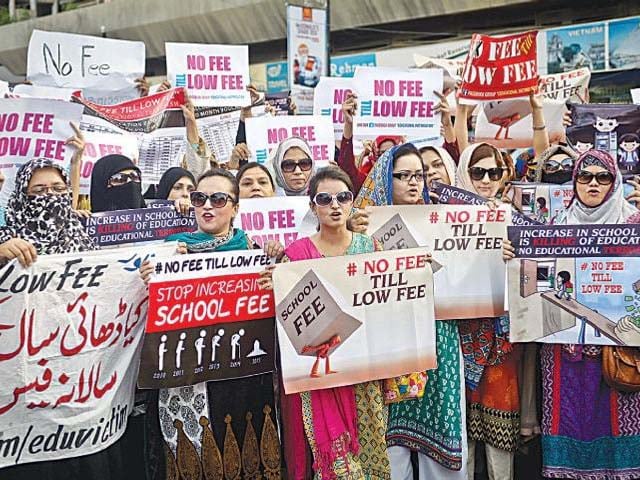
Death sentences for rape in India, 'cutting grass' for rapists in Kenya?
She was gang raped and thrown in the sewerage. Her rapists were punished, they were told to 'cut grass' for one day.
In the wake of the tragic Delhi rape incident last year, the UN Secretary General Ban Ki-moon had stated,
“Violence against women must never be accepted, never excused, never tolerated. Every girl and woman has the right to be respected, valued and protected.”
These proved to be shallow words as the story of Kenyan gang rape victim surfaced last month.
‘Liz’ the victim was gang raped by six men, three of whom were students at schools near her own. Brutalised and unconscious, they threw her into a pit-latrine 12 feet deep. She had broken her back but still managed to crawl up and call for help. The police arrested the three whose names she had remembered.
However, in the morning, the men were let go after serving the sentence of ‘cutting grass in the police compound’!
As the story gradually snowballed, the police eventually got the names of all six rapists, but they are yet to be arrested or punished for their heinous crime. Liz is now paralysed, in a wheelchair and has lost control of her bladder and bowels.
Upon hearing the story, a petition was started for Liz by the activist Nebila Abdulmelik in Nairobi. The petition has now been signed by over 1.2 million people. However, regardless of how many signatories this and similar other petitions get, the bottom line is that women’s rights and their safety can never by safeguarded when assailants and rapists are given sentences as shockingly trivial as merely cutting grass.
This is especially the case in countries like Kenya, where according to a 2006 report of the country’s National Commission on Human Rights, one woman is raped every 30 minutes. Undoubtedly, either the statistics are still the same or have only escalated since then. An additional eight out of 10 Kenyan women suffer physical violence or abuse during childhood. This only goes to define the collective national conscience of the country as being pathetically lamentable towards women.
The reaction in the international community is gaining a momentum similar to that of the Delhi rape case, especially after the petition’s growing number of signatories. True that punishments for crimes as atrocious as rape need to be defined by the countries themselves, as in the Delhi rape case, but given the fact that never has the term ‘global village’ been more accurate than today, crimes as monstrous as rape actually need to be dealt with on an international level.
The fact is that irrespective of national boundaries, the geographical location of rape does not change the severity of the act nor does it lessen the degradation and insecurity it causes every woman to feel.
Just like war crimes are dealt with in international courts, so should rape.
Though the act is already defined as a crime against humanity along with imprisonment, sexual slavery, enforced prostitution, torture and so forth in the International Criminal Court, it is yet to be truly dealt with as an international crime on a more civic level. Also, there should be one very aggressive punishment for rape regardless of whether the victim lives or dies.
If we, as mere readers, have trouble even absorbing the details of the gruesome injuries, the grotesque mutilations and agony of the victims of grisly rapes such as Liz and the Delhi victim, how can we even start to imagine what these women, and millions others like them, actually suffer?
Having an internationally ratified punishment is the only way that crimes like rape can be controlled. This is especially true for developing countries like Kenya and Pakistan where women are the worst victims in society. On the list of countries with low human development, Kenya is second while Pakistan trails close behind at number four.
If one is looking for proof that indeed such crimes might be better controlled under one international law, then one needs to go no further back than the wretched Delhi case. Had the Kenyans taken any heed to the countless international declarations passed for women’s liberties, rights and safety in the wake of the Delhi rape, Liz’s rapists certainly would not be walking free or cutting grass.
When we come to consider what this situation might have been like had it occurred in Pakistan, the picture is nothing short of nightmarish. First of all the poor girl would never have dared to open her mouth about what had happened for fear of public shame; and even if she had, the three immediately arrested wouldn’t even have had to wait the entire night before being freed upon one call by a minister or such to the police station.
This is why, if the word spreads even among the women of countries like Pakistan that rape is an international crime and will not be tolerated no matter who the victim or the perpetrator is, then there is a chance that this thought alone will empower women to speak up and ensure these animals are punished.
The response and punishment of rape crimes needs to be simplified: one hotline number and one punishment – regardless of the ‘gravity’ of the rape. Rape is rape nonetheless. It cannot be tolerated.
If there are 1.2 million and increasing signatories on Liz’s petition, there can be even more for a petition to get an international punishment for rape that transcends borders, race, creed, and colour. Yes, it is a wild dream. But it can be achieved.




COMMENTS (26)
Comments are moderated and generally will be posted if they are on-topic and not abusive.
For more information, please see our Comments FAQ